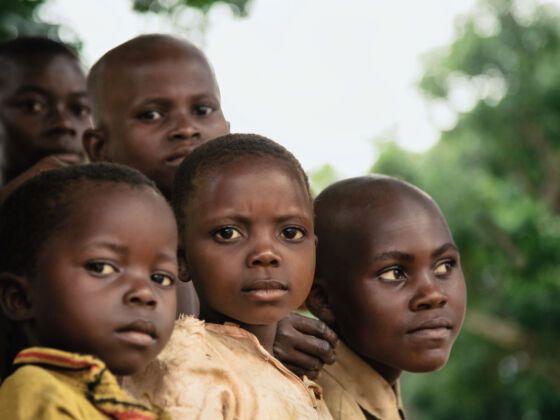Recently, research has suggested that voluntourism can often do more harm than good. Voluntourism has been linked to damaging local economies and commodifying vulnerable children. It also can perpetuate harmful stereotypes about the so-called “third world”, while also promoting neo-colonialistic attitudes.
I don’t recommend voluntourism. But if you’re set on visiting our continent to volunteer, please ask yourself these four questions before planning your trip.
